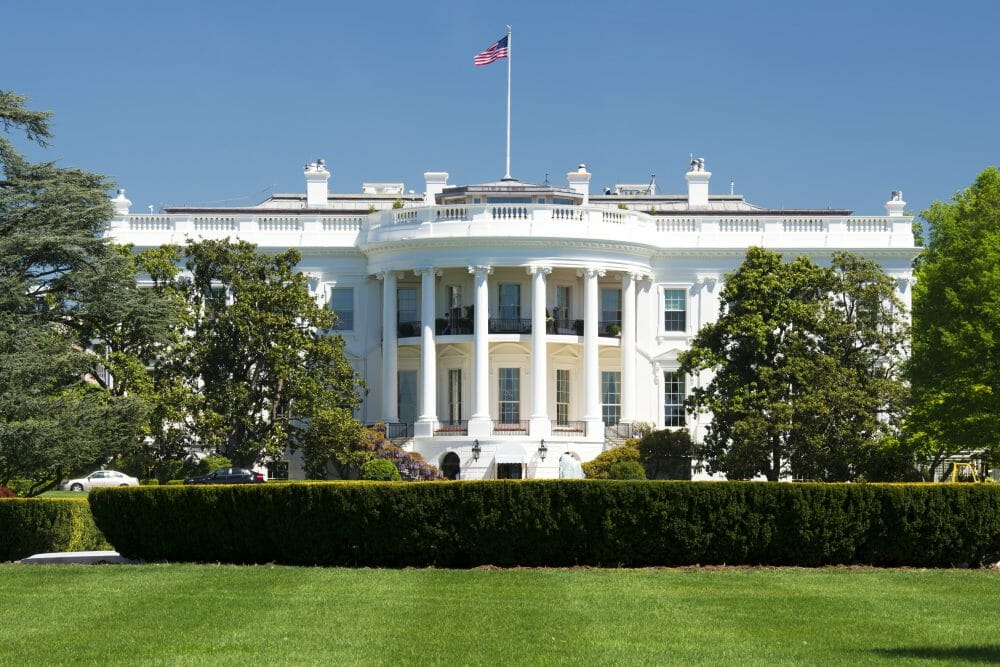On February 24, 2021, President Biden revoked former President Trump’s proclamation issued in April 2020 that banned many immigrants from entering the United States.
Biden Proclamation Revoking Immigrant Ban
President Biden’s proclamation states that the Trump-era ban, whose stated purpose was to prevent entry by those who presented a risk to the U.S. labor market during the coronavirus outbreak, does not advance the interests of the United States. “To the contrary, it harms the United States” and “harms industries in the United States that utilize talent from around the world,” the new proclamation states. It also “harms individuals who were selected to receive the opportunity to apply for, and those who have likewise received” fiscal year 2020 diversity visas.
The Biden proclamation orders the Departments of State, Labor, and Homeland Security to review any related regulations, orders, guidance, policies, or other agency actions and, as appropriate, issue revised guidance consistent with the new proclamation.
DOS Instructions on Exceptions to Nonimmigrant Ban
The new Biden proclamation did not lift a Trump-era ban on certain H-1B, H-2B, L-1, and J-1 temporary work visas, set to expire on March 31, 2021. It is unclear whether the Biden administration plans to revoke that ban before it expires. In the meantime, the Department of State announced on February 24, 2021, that those who believe they may qualify for a national interest or other exception should “follow the instructions on the nearest U.S. Embassy or Consulate’s website regarding procedures necessary to request an emergency appointment and should provide specific details as to why they believe they may qualify for an exception.”
Sources:
- “A Proclamation on Revoking Proclamation 10014,” Feb. 24, 2021, https://www.whitehouse.gov/briefing-room/presidential-actions/2021/02/24/a-proclamation-on-revoking-proclamation-10014/
- “National Interest Exceptions to Presidential Proclamation 10052,” DOS, Feb. 24, 2021, https://bit.ly/3kvXRuT
- “Biden Reopens Gateway for Green Cards, Reversing Trump COVID-19 Freeze,” National Public Radio, Feb. 24, 2021, https://www.npr.org/2021/02/24/971206197/biden-reopens-gateway-for-green-cards-work-visas-reversing-trump-covid-19-freeze
- “White House Lifts Trump Order That Temporarily Banned Certain Immigrant Visas During Pandemic,” CNN, Feb. 25, 2021, https://www.cnn.com/2021/02/24/politics/biden-immigration-coronavirus-pandemic/index.html


